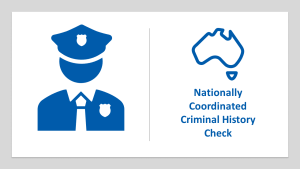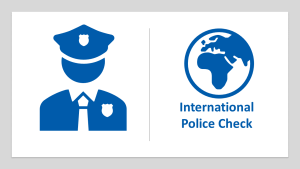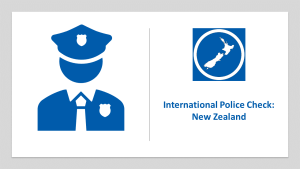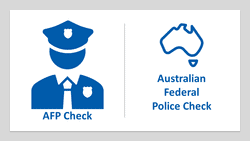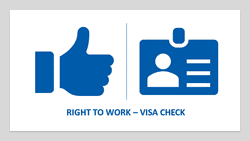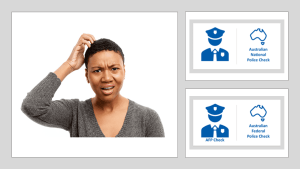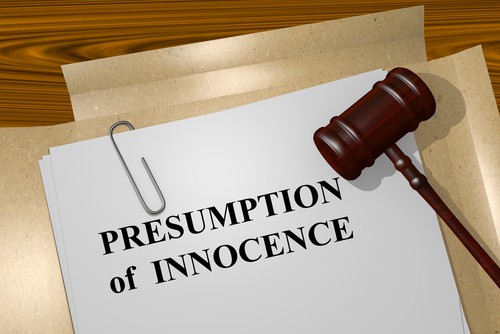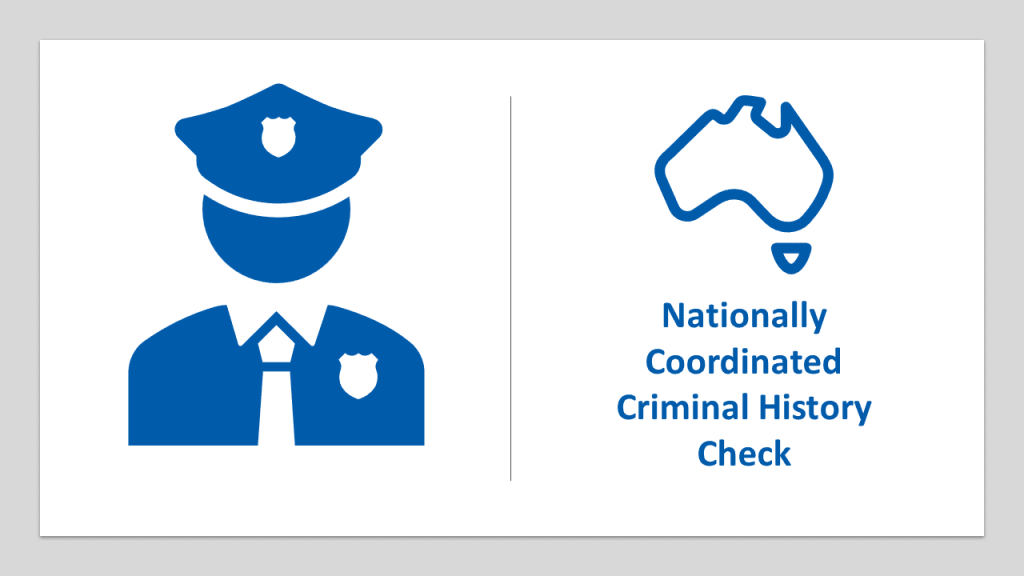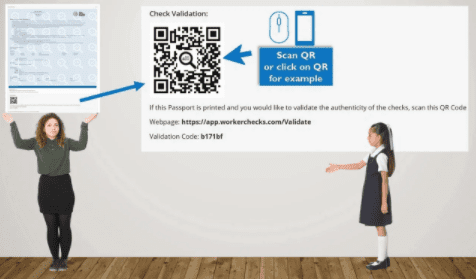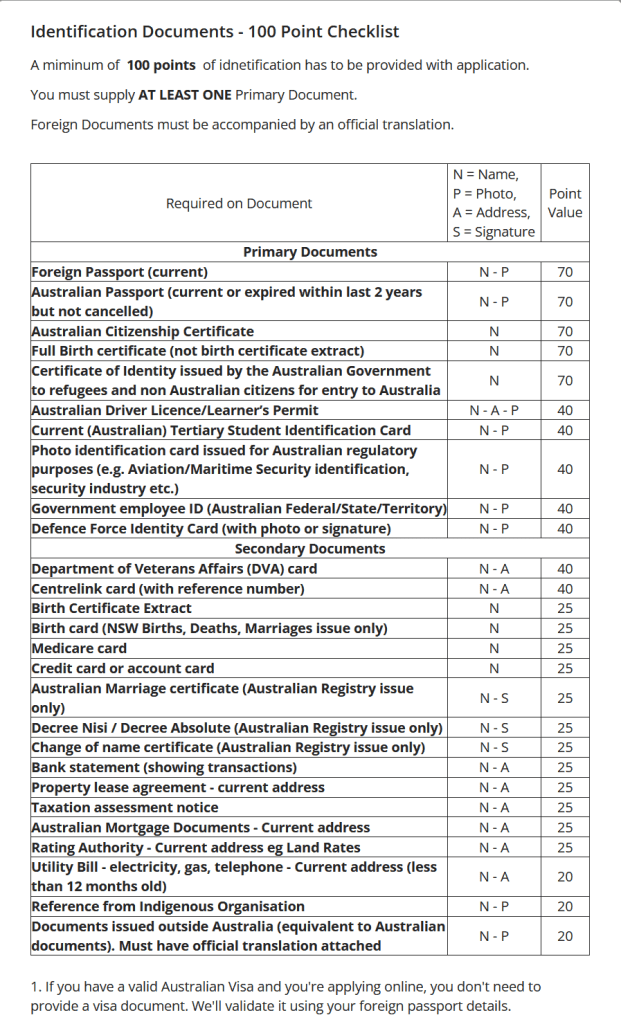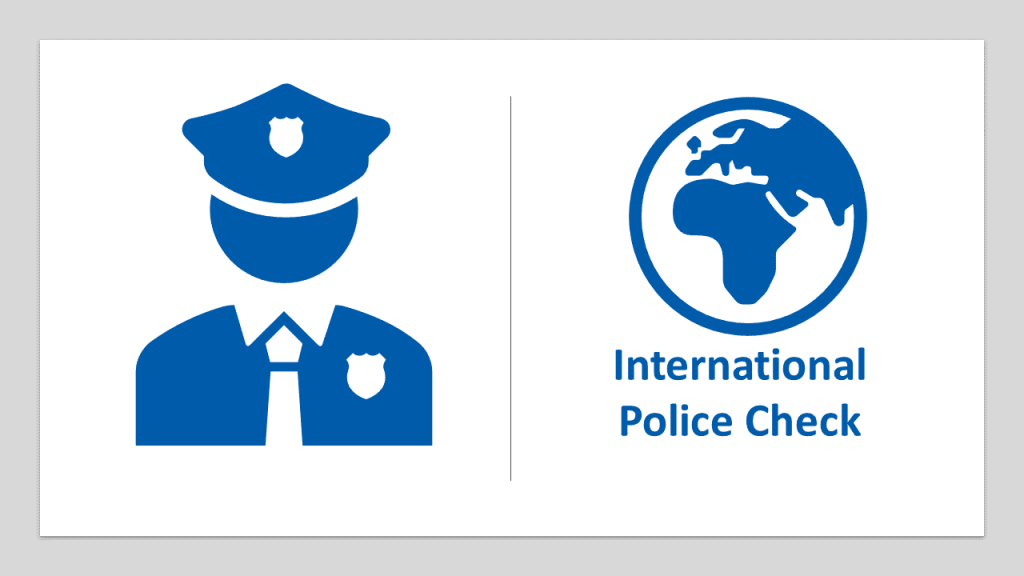It’s very common practice for employers to require a Nationally Coordinated Criminal History Check from potential new employees. Many recruiters use a police check to regulate the screening process of individuals before they begin working with the company. It serves as a means of security for protecting the business, existing employees, vulnerable people and the applicant themselves.
Australian police checks are a must for companies in 2024. Here is everything you need to know about police checks, whether you’re an employer or an employee.
Why Police Checks Are a Must For Companies In 2024?
There are many reasons as to why companies require a police check to be performed on an individual applying for a certain role. The information held within a National Police Clearance can be highly relevant to the job in question. The document will show whether the applicant has any previous convictions or pending charges, as the results of a criminal record check.
Companies need to know who they are employing, mainly for reasons of safety. A police check helps to safeguard the business and its assets, build a strong reputation, and promote good staff conduct.
What Is The Purpose Of a Police Check?
A Nationally Coordinated Criminal History Check is a document containing the police history of an individual in Australia. It is a government regulated service used for employee screening, licencing or registration purposes, and some voluntary work. A police check may also be required for visa and citizenship purposes.
A criminal record check is performed on the individual with their consent, using the database of police agencies across the whole of Australia. This will reveal any disclosable court outcomes and any charges pending.
What Will a Police Check Reveal?
A Nationally Coordinated Criminal History Check in Australia will reveal any disclosable court outcomes (DCO) if there is any in the police history information of the individual. Some prior convictions may not be disclosed, for instance if they are juvenile or spent convictions. If there is no police information held on the individual, the document will state that there are no disclosable court outcomes (NDCO).
Police History Information (PHI) can include the following:
- Charges
- Pending charges (not In VIC)
- Appearances in court
- Court convictions
- Court orders
- Penalties
- Findings of guilt without conviction
How Is a Police Check Performed?
After an applicant submits personal information and identity documents in the online application, a police check is performed by screening the databases of police agencies in all states and territories of Australia.
The screening searches for matches with Persons of Interest (POI) and any information held on an individual using their personal details. The results will then be released on a document called a National Criminal History Check. Employers and organisations can then request the document as part of the on-boarding process.
Why Do Employers Ask For a Police Check?
There are many employers and companies who will ask for police clearance from a person applying for a job. It is beneficial to the company for many reasons, and is required by law for individuals seeking to work with vulnerable people including children, the elderly and people living with a disability.
Police checks are a vital tool to determine the eligibility of a new employee, and to rule out past offenders of certain crimes to prevent harm or threat to vulnerable persons.
Who Needs a Police Check?
As part of company policy, every employee may be required to provide a police check certificate if the role involves working with children or any other vulnerable person.
Whether a person needs a Nationally Coordinated Criminal History Check depends upon the job criteria, and the level of risk involved in the role.
As a company, it is important to understand the importance of employee screening, and to determine whether a background check is necessary for the job in question.
What Are The Benefits Of a Police Check For a Company?
There are several benefits for requesting a Nationally Coordinated Criminal History Check from employees as part of company regulations. Some of the major benefits include the following:
- Business protection
- Protecting company assets
- Protecting company reputation
- Building trust
- Staff conduct
Business Protection
A major benefit of issuing police checks to employees, both existing and new, is for business protection. Having confirmation that each employee does not have a criminal history which is directly related to their position within the company will help to safeguard the business. A police check ultimately acts as a precaution to minimise the chance of crime within the workplace.
Individuals with a police record could potentially have a direct impact on the company, as well as other employees. Prior crimes which include the following may pose a heightened threat:
- Theft
- Robbery
- Fraud
- Bribery
- Cybercrime
Protecting Assets
Screening individuals for prior economic crimes will help to minimise the threat toward company data and confidential information. It is important for a company to be aware of any individual with a record for cybercrime, fraud and theft.
Protecting Reputation
Making police checks as part of the recruitment process mandatory shows due diligence. It shows that a company cares and values the safety and protection of its staff, clients and customers, and that it takes its recruitment process seriously.
Building Trust
Whatever the type of company, it is important to build trust with employees, clients and consumers. By carrying out a police check on employees, current employees can rest assured that they are going to be working alongside somebody who does not have a criminal record. Clients and consumers can put their trust in the company if they are assured that the likelihood of criminal activity is low, as everybody working there has been screened.
This is particularly important within care settings. People who leave their children and/or family members in the care of others want to be assured that the staff involved are screened correctly and have no prior convictions which could potentially put their loved ones in danger.
Promoting Good Staff Conduct
By making a National Police Check mandatory as part of the job application process, companies promote a safe and professional working environment. It can help to deter employees from criminal behaviour and prevent misconduct within the workplace, as well as keeping up employee morale.
The team will know that their welfare has been considered, and that the correct precautions have been taken to ensure the safety of all.
What About Existing Employees?
In most cases, an Nationally Coordinated Criminal History Check will be issued as part of the screening process for new employees, in the early stages before they begin working at the company. However, they can be required for existing employees.
If a current employee is changing roles within the company, they may require another police check. This ensures that the level of risk within the new role has been considered and assessed. For instance, a police check conducted for a role within information technology will not have the same relevancy as a new role working directly with vulnerable groups.
Different roles pose different levels of risk, even within the same company. An updated police check should always be considered for cases where an existing employee changes roles.
The company should also take into account that a National Police Check in Australia is a ‘point in time’ check. While a check does not expire, the results of a police check are valid at the time it is issued. The organisation should determine how long they feel an NPC remains valid for.
What Rights Does The Company Have?
In certain jobs, a National Police Check is a mandatory requirement. In these cases, the company is obligated to ask the applicant for consent to a criminal record check.
To avoid accusations of discrimination, the company should disclose during the recruitment process that a police check is required. Requesting the information in the early stages avoids any surprises further down the line. Many individuals who hold a police record may feel discriminated against or that they will be judged by their prior convictions, so it is important to make the process as open as possible.
Whether or not a criminal record check is required for the job should be considered carefully before asking applicants to disclose this information.
Further information can be found on the website of the Australian Human Rights Commission.
What Rights Does The Employee Have?
An individual’s police history for employment purposes can only be released with their consent. Except for police investigations, no other person is permitted to check another person’s police record without first receiving consent to do so.
If an applicant is asked during the interview process about their criminal record, the applicant is not obliged to volunteer any information. The applicant is free to volunteer the information themselves if they choose to do so. However, in the circumstance that there is a legal requirement, the applicant will be required to disclose the information.
In industries where the new employee will be working with children, the elderly or people with a disability, a criminal record check is vital.
How Can Companies Make The Process Straightforward?
If you’re a company and you are seeking to add national police checks as part of your recruitment process, it’s important that you make sure you use a certified provider. You want the process to be as straightforward and as timely as possible.
A provider must be accredited by the Australian Criminal Intelligence Commission (ACIC). Worker Checks is an accredited provider of Nationally Coordinated Criminal History Check.
How Long Does The Process Take?
If you’re considering making police checks a part of your employee screening process, you might be wondering how much time this will take. The majority of police checks in Australia are submitted and completed within 1 hour. This applies to 70% of all police checks. The remaining 30% will be subject to delays for further review. This can be from 2 to 15 business days.
To help the process along, applicants should ensure they have all required documents and personal information entered correctly in the application for a police check online. We recommend that the company make the applicant aware as soon as possible that a police check is required from them for the job. Often, the police check requirement is listed within the job description.
When Should a Company Request a Police Check?
After careful consideration, a company should confirm whether police clearance is necessary for the job. If determined that a police record is required, the company should clearly state this at the beginning of the recruitment process, for instance in the job advertisement. This allows the potential new employee to prepare, and decide if they are still happy to apply for the job.
To prevent any claims of employee discrimination, it’s a good idea to state within the job advertisement that holding a criminal record does not immediately exclude the individual from applying, unless required by law. It may also be helpful to include some information as to why a police clearance is relevant to the position.
As an organisation, it is best to be upfront and honest about the screening process from the beginning to avoid any issues going forward.
For more information, visit the Australian Human Rights Commission website or contact Worker Checks with any queries you have.


